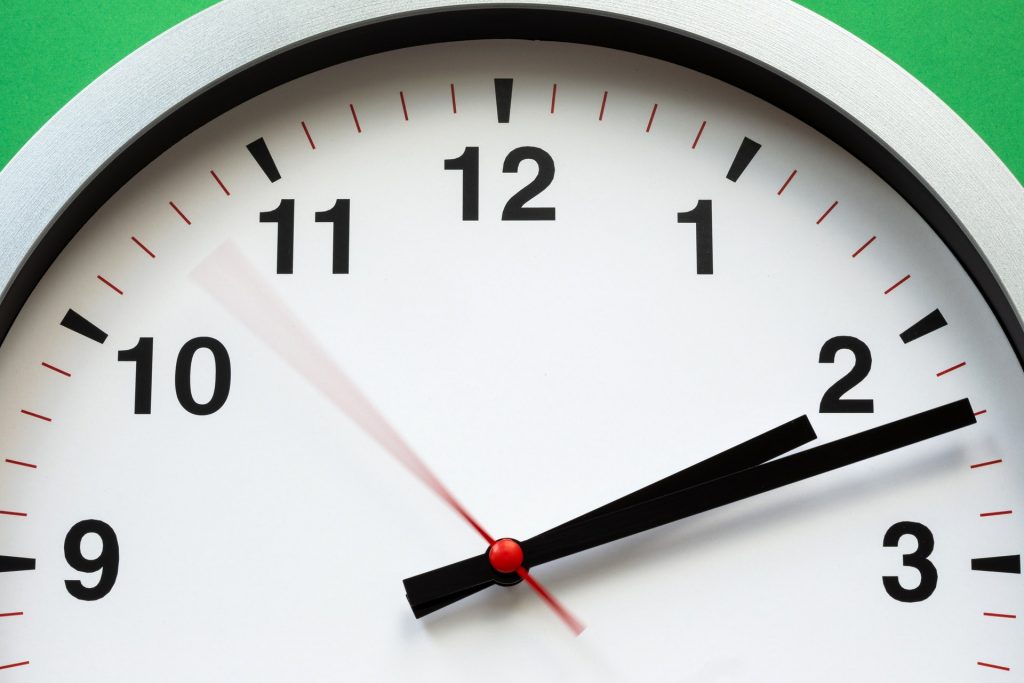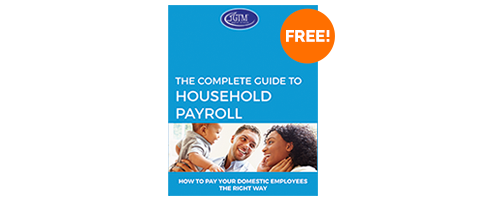
New York’s Highest Court has upheld the “13-hour rule” for household employees working 24-hour shifts.
The New York State Court of Appeals has upheld the validity of the state’s Department of Labor (DOL)’s “13-Hour Rule.”
A household employee who is asked to work a 24-hour shift will only need to be paid for 13 of those hours as long as the caregiver is provided with eight hours for sleep and three hours for meal breaks. These types of shifts can be common for senior caregivers providing around-the-clock care for a family’s elderly loved one.
If the employee’s meal breaks are interrupted or if they do not get five uninterrupted hours of sleep, they must be paid for the entire break.
Home health care aides in New York are covered by the state’s Minimum Wage Order for Miscellaneous Industries and Occupations. This regulation states that an employee must be paid for the time they are “permitted to work or is required to be available to work at a place prescribed by the employer.” However, the Wage Order also specifies that a household employee is not considered “permitted to work” or “required to be available” during the worker’s normal sleeping hours even if they are required to be on call during this time and, therefore, can be unpaid for those hours. In addition, any time when the employee is free to leave the home can also be unpaid.
In a March 2010 opinion letter, the DOL stated: “it is the opinion and policy of this Department that live-in employees must be paid not less than for 13 hours per 24 hour period provided that they are afforded at least eight hours for sleep and actually receive five hours of uninterrupted sleep and that they are afforded three hours for meals.”
For purposes of interpreting the Wage Order, household employees that work 24-hour shifts are treated as “live-in employees.”
Over the years, this interpretation of the Wage Order has been challenged in court. In this most recent case, the Court of Appeals – New York’s highest court – looked at two appeals brought by home health aides. The plaintiffs sought to have employees paid for each hour of a 24-hour shift even if 11 hours were set aside for sleep and meal breaks.
In a lower court ruling, the Appellate Division-Second Judicial Department ruled that the DOL’s interpretation of the Wage Order was “neither rational nor reasonable because it conflicts with the plain language of the Wage Order.” The court noted that live-in employees were required to be present in their patients’ homes and perform services as needed, and therefore needed to be “available for work” at all times, regardless of sleep or meal breaks.
In its decision, the Court of Appeals held that the DOL’s interpretation of the Wage Order does not conflict with the “plain language” of the Wage Order “nor is it an irrational or unreasonable construction of the Wage Order” as applied to home health aides working 24-hour shifts. The Court said it must exercise deference to the DOL and effectively reversed two lower-court rulings that had nullified the Wage Order.
Hiring a Senior Caregiver?
Download our complimentary Senior Care Payroll and Tax Guide. In this new guide, we lay out the steps on how to comply with tax, wage, and labor laws when you hire an in-home senior caregiver.





